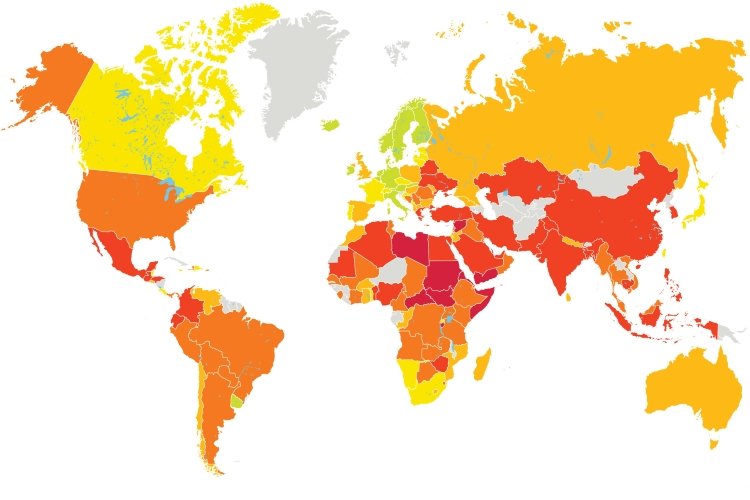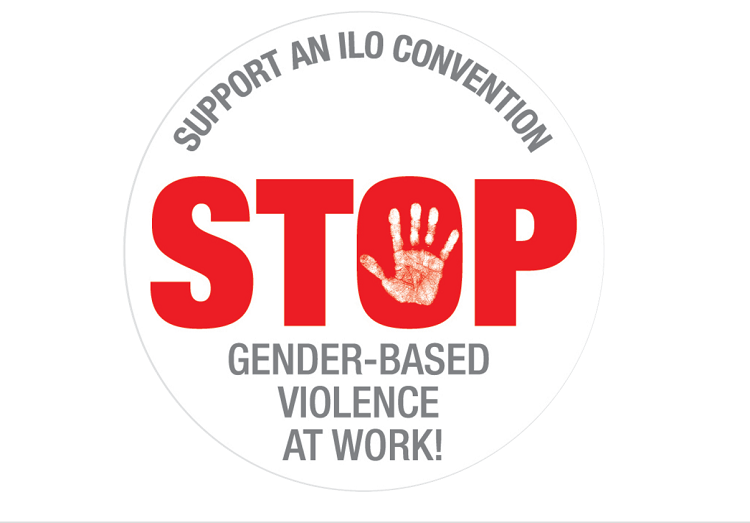According to the International Labour Organization (ILO) some 51 million people are projected to lose their jobs this year and 22 million of them will be women. The sectors that were initially hit the hardest by the crisis such as finance, insurance, real estate, construction and manufacturing were largely dominated by male workers. But the crisis is now spreading to service-oriented sectors, which in many countries are dominated by females.
Women’s widespread marginalization in the social, economic and political spheres means they usually bear the brunt of the hardships. They continue to have less access to education and other social services, less secure employment, lower wages and insufficient political representation. This situation is not only morally unacceptable; it is also an obstacle to economic development. Women make a significant contribution to the economy, to better governance, and to their communities and households. Discrimination and marginalization hinder this contribution, making societies worse off. Like income inequality, gender discrimination tends to stymie growth and development by crippling a part of our human capital.
Experts from the ILO, ITUC, ETUC, WIEGO, Bulgarian unions and NGOs presented their research on women and the economic crisis, gender inequality in times of economic crisis, women and the informal economy and the consequences of crisis on domestic work. The participants were also informed about the Belgium experience on fighting informal working relations and the system of “service cheques”. The workshop had large media coverage both in Bulgaria and other countries and made a significat contribution to the improvement of trade union strategies on gender dimension of the crisis.
/PERC/



